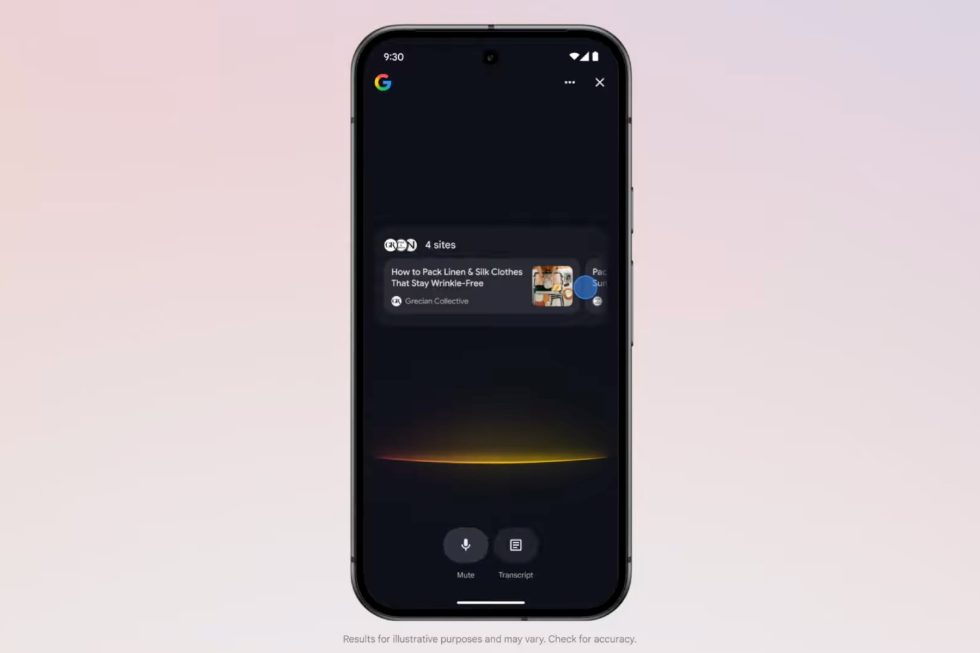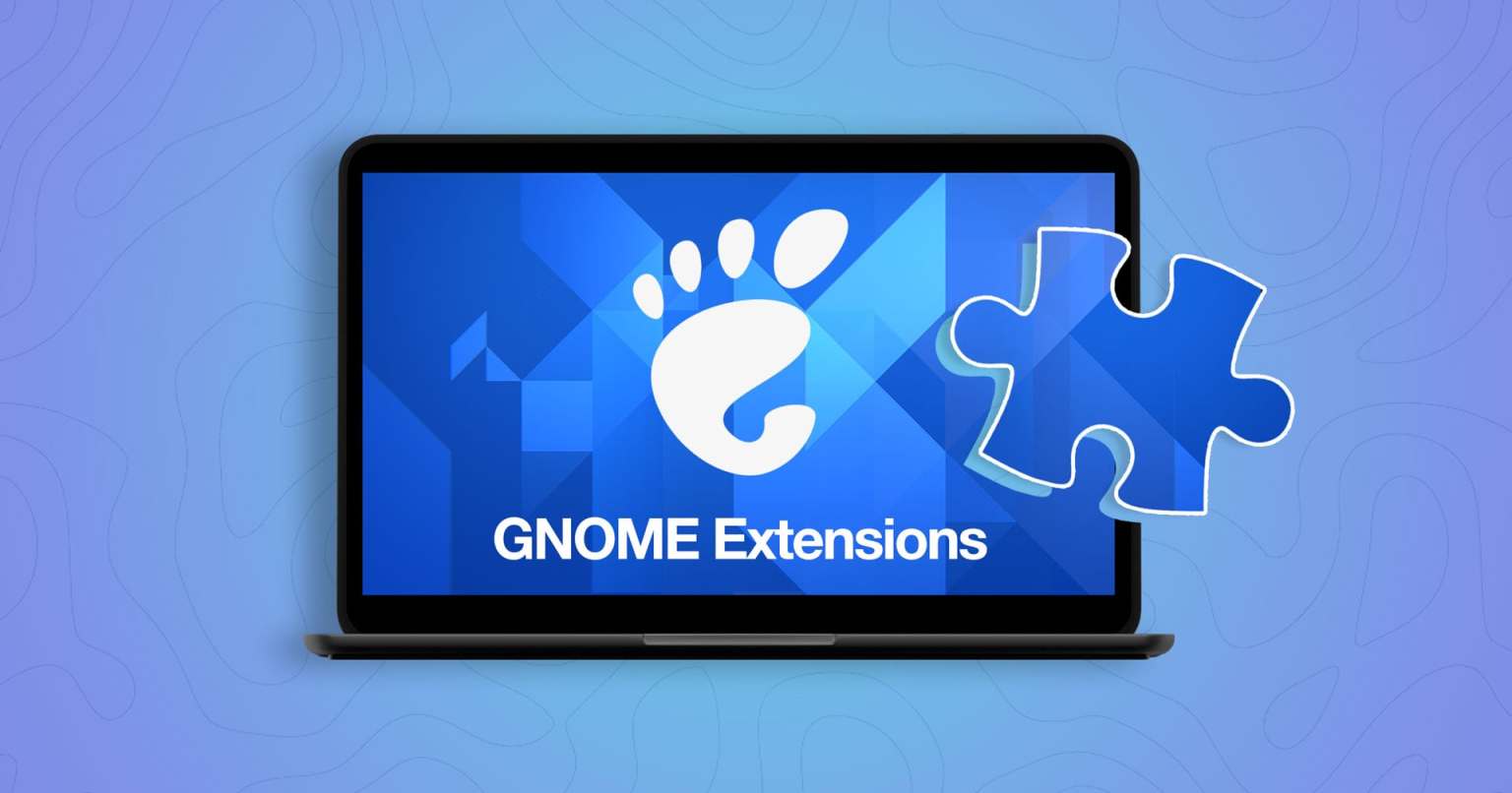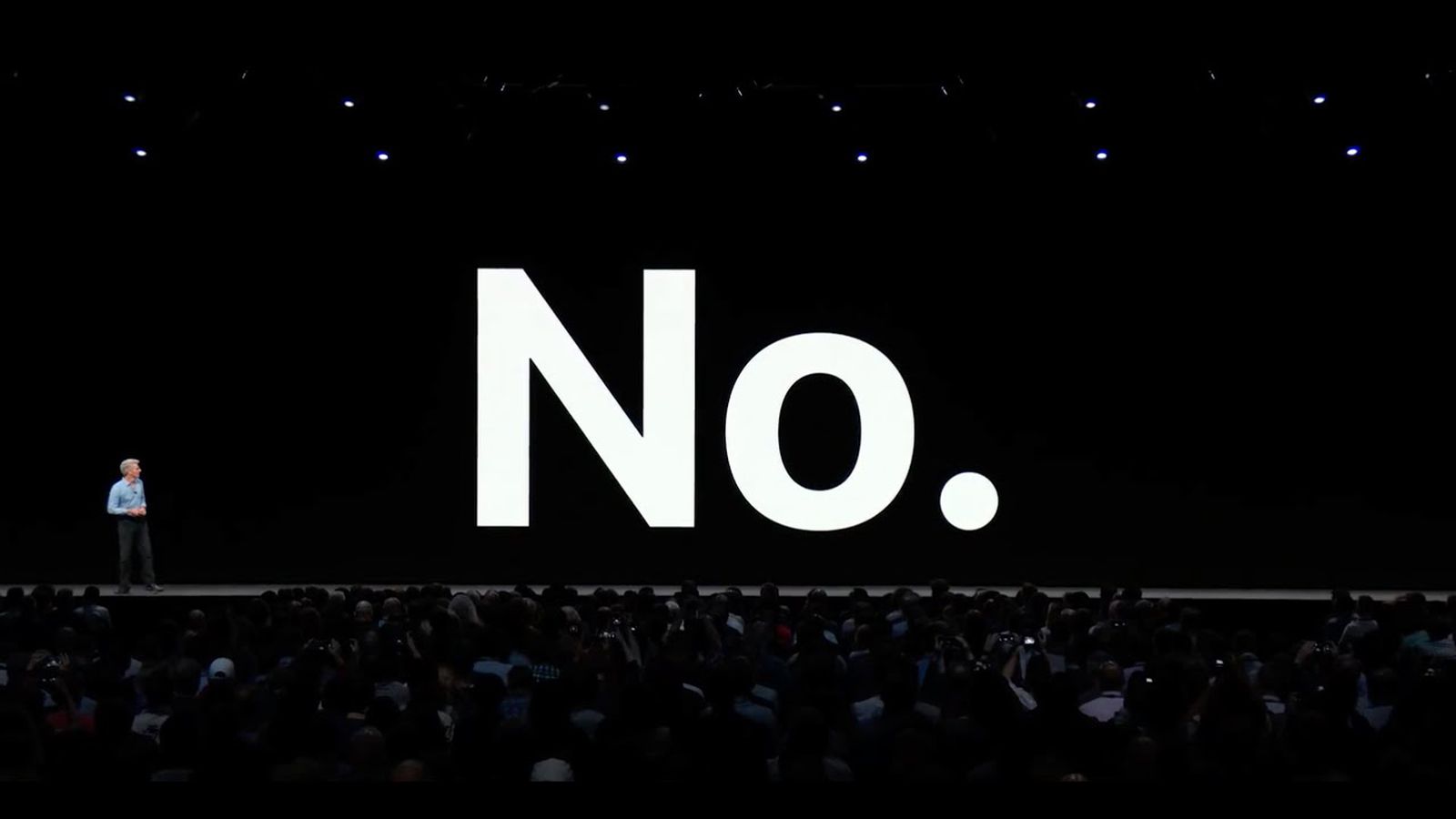OpenAI Releases an Open‑Sourced Version of a Customer Service Agent Demo with the Agents SDK
OpenAI has open-sourced a new multi-agent customer service demo on GitHub, showcasing how to build domain-specialized AI agents using its Agents SDK. This project—titled openai-cs-agents-demo—models an airline customer service chatbot capable of handling a range of travel-related queries by dynamically routing requests to specialized agents. Built with a Python backend and a Next.js frontend, the […] The post OpenAI Releases an Open‑Sourced Version of a Customer Service Agent Demo with the Agents SDK appeared first on MarkTechPost.

OpenAI has open-sourced a new multi-agent customer service demo on GitHub, showcasing how to build domain-specialized AI agents using its Agents SDK. This project—titled openai-cs-agents-demo—models an airline customer service chatbot capable of handling a range of travel-related queries by dynamically routing requests to specialized agents. Built with a Python backend and a Next.js frontend, the system provides both a functional conversational interface and a visual trace of agent handoffs and guardrail activations.
The architecture is divided into two main components. The Python backend handles agent orchestration using the Agents SDK, while the Next.js frontend offers a chat interface and an interactive visualization of agent transitions. This setup provides transparency into the decision-making and delegation process as agents triage, respond to, or reject user queries. The demo operates with several focused agents: a Triage Agent, Seat Booking Agent, Flight Status Agent, Cancellation Agent, and an FAQ Agent. Each of these is configured with specialized instructions and tools to fulfill their specific sub-tasks.
When a user enters a request—such as “change my seat” or “cancel my flight”—the Triage Agent processes the input to determine intent and dispatches the query to the appropriate downstream agent. For example, a booking change request will be routed to the Seat Booking Agent, which can verify confirmation numbers, offer seat map choices, and finalize seat changes. If a cancellation is requested, the system hands off to the Cancellation Agent, which follows a structured flow to confirm and execute the cancellation. The demo also includes a Flight Status Agent for real-time flight inquiries and an FAQ Agent that answers general questions about baggage policies or aircraft types.
A key strength of the system lies in its integration of guardrails for safety and relevance. The demo features two: a Relevance Guardrail and a Jailbreak Guardrail. The Relevance Guardrail filters out off-topic queries—for example, rejecting prompts like “write me a poem about strawberries.” The Jailbreak Guardrail blocks attempts to circumvent system boundaries or manipulate agent behavior, such as asking the model to reveal its internal instructions. When either guardrail is triggered, the system highlights it in the trace and sends a structured error message to the user.
The Agents SDK itself serves as the orchestration backbone. Each agent is defined as a composable unit with prompt templates, tool access, handoff logic, and output schemas. The SDK handles chaining agents via “handoffs,” supports real-time tracing, and allows developers to enforce input/output constraints with guardrails. This framework is the same one powering OpenAI’s internal experiments with tool-using and reasoning agents, but now exposed in an educational and extendable format.
Developers can run the demo locally by starting the Python backend server with Uvicorn and launching the frontend with a single npm run dev command. The entire system is configurable—developers can plug in new agents, define their own task routing strategies, and implement custom guardrails. With full transparency into prompts, decisions, and trace logs, the demo offers a practical foundation for real-world conversational AI systems in customer support or other enterprise domains.
By releasing this reference implementation, OpenAI provides a tangible example of how multi-agent coordination, tool use, and safety checks can be combined into a robust service experience. It’s particularly valuable for developers seeking to understand the anatomy of agentic systems—and how to build modular, controllable AI workflows that are both transparent and production-ready.
Check out the GitHub Page. All credit for this research goes to the researchers of this project. Also, feel free to follow us on Twitter and don’t forget to join our 100k+ ML SubReddit and Subscribe to our Newsletter.
The post OpenAI Releases an Open‑Sourced Version of a Customer Service Agent Demo with the Agents SDK appeared first on MarkTechPost.





















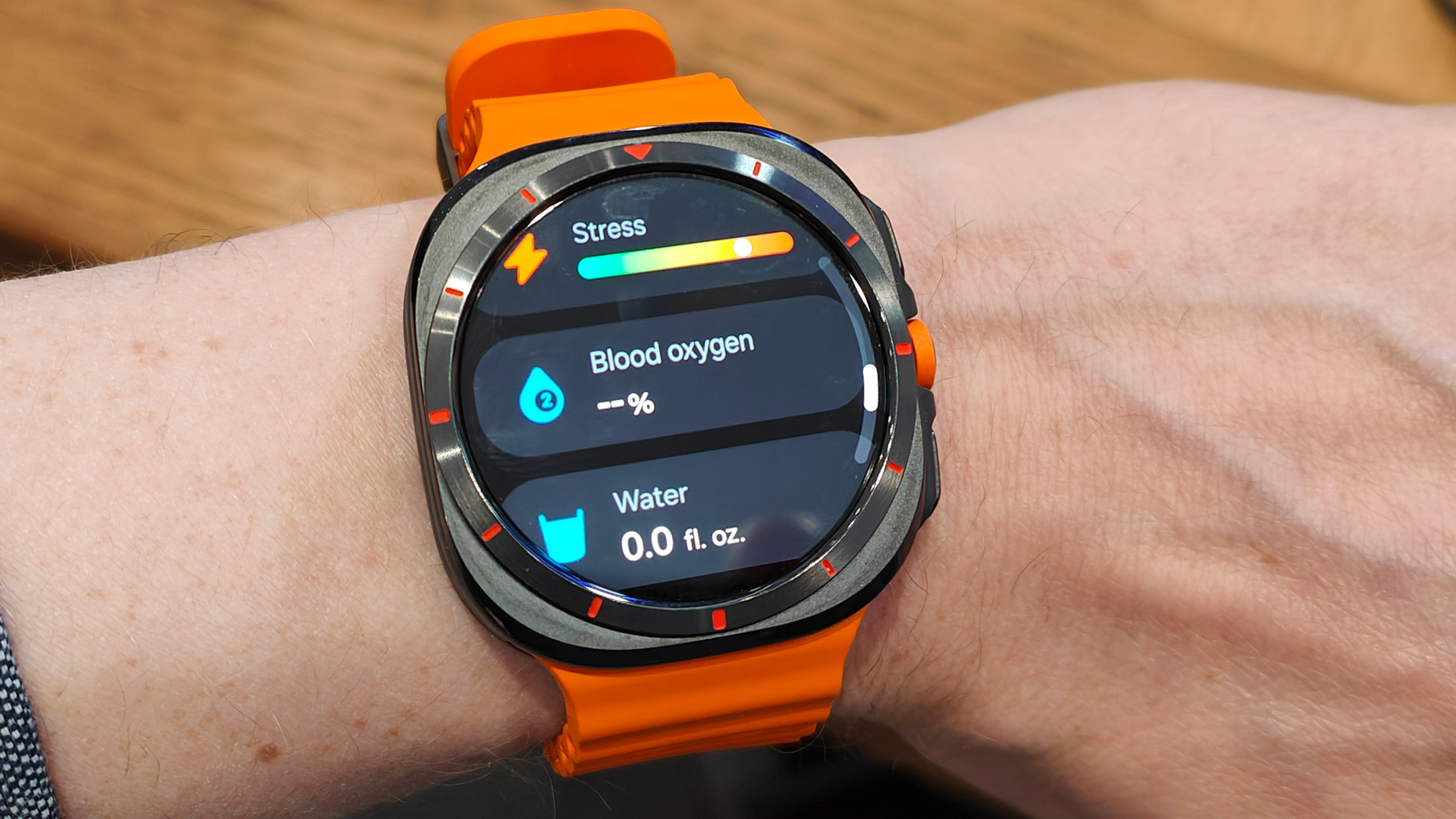























































































































































![[The AI Show Episode 153]: OpenAI Releases o3-Pro, Disney Sues Midjourney, Altman: “Gentle Singularity” Is Here, AI and Jobs & News Sites Getting Crushed by AI Search](https://www.marketingaiinstitute.com/hubfs/ep%20153%20cover.png)






















































































































![[DEALS] Internxt Cloud Storage Lifetime Subscription (20TB) (89% off) & Other Deals Up To 98% Off – Offers End Soon!](https://www.javacodegeeks.com/wp-content/uploads/2012/12/jcg-logo.jpg)



















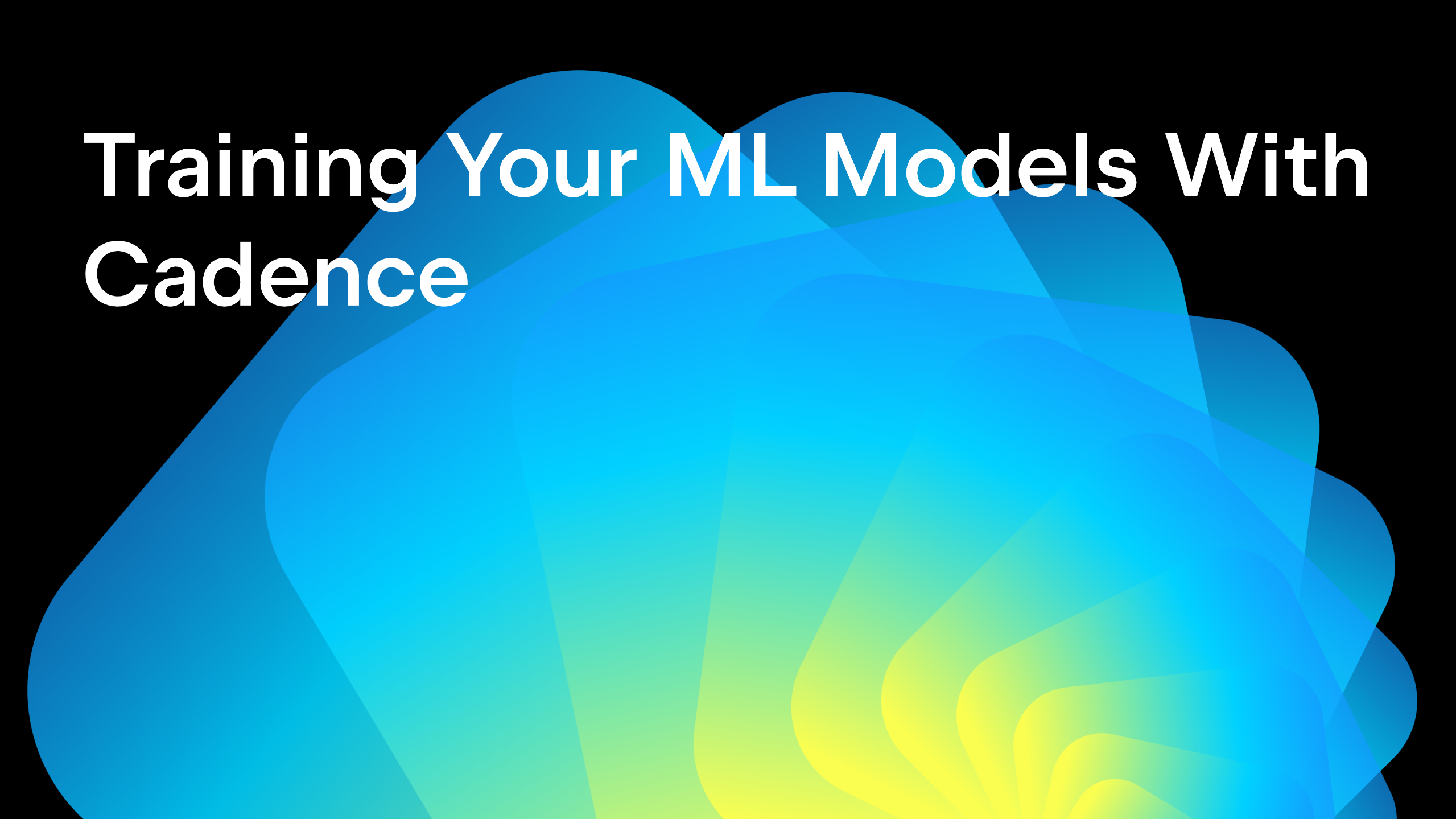
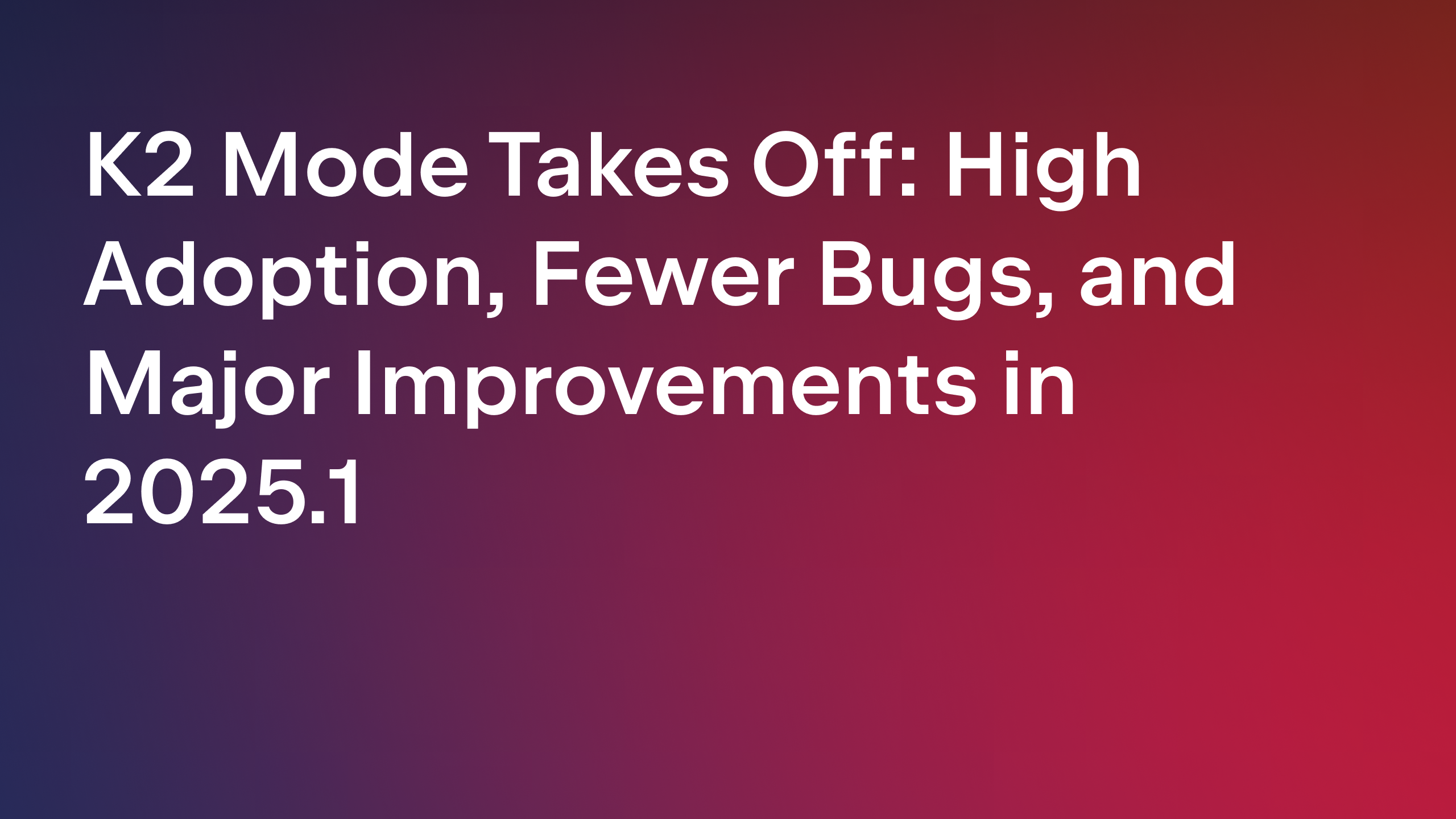
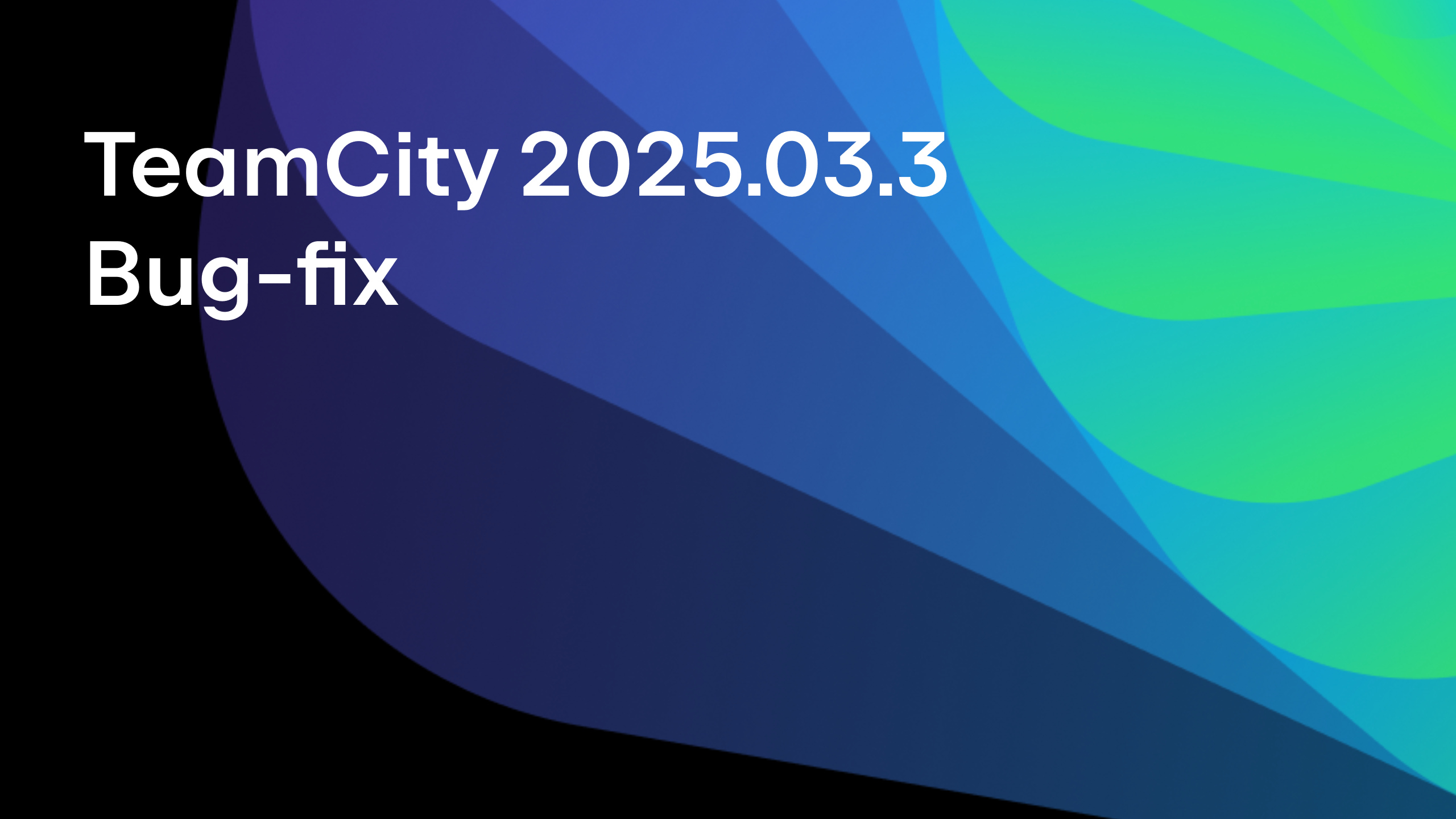

















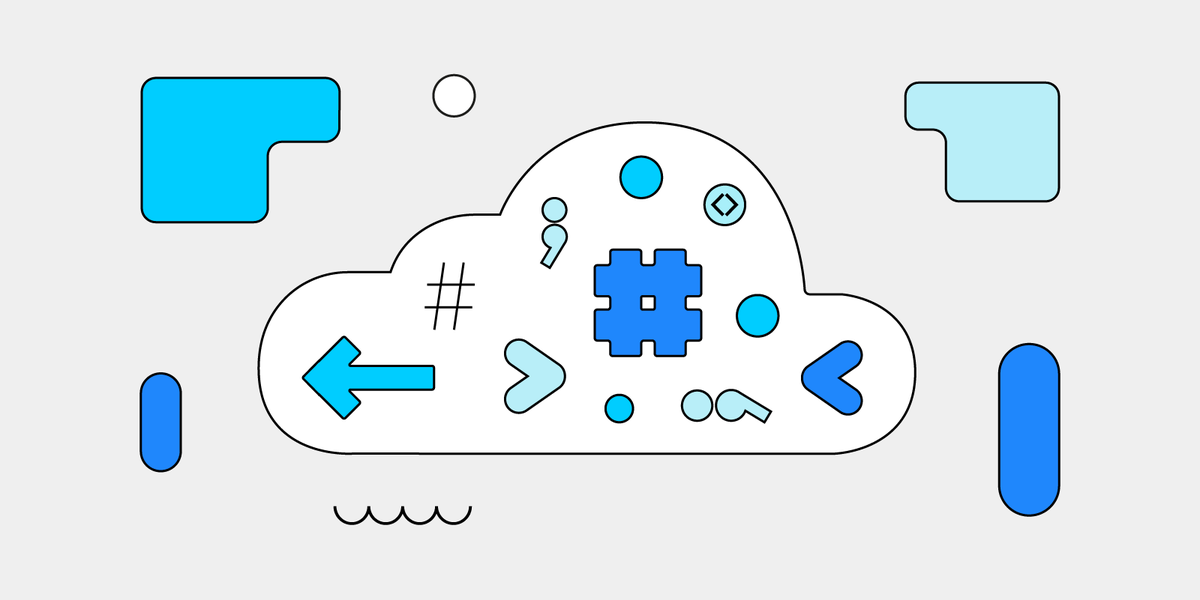








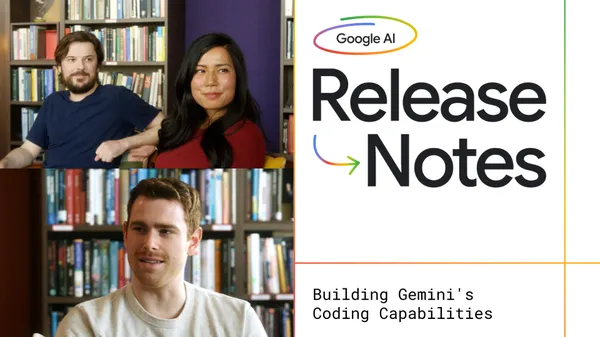
























![GrandChase tier list of the best characters available [June 2025]](https://media.pocketgamer.com/artwork/na-33057-1637756796/grandchase-ios-android-3rd-anniversary.jpg?#)


























































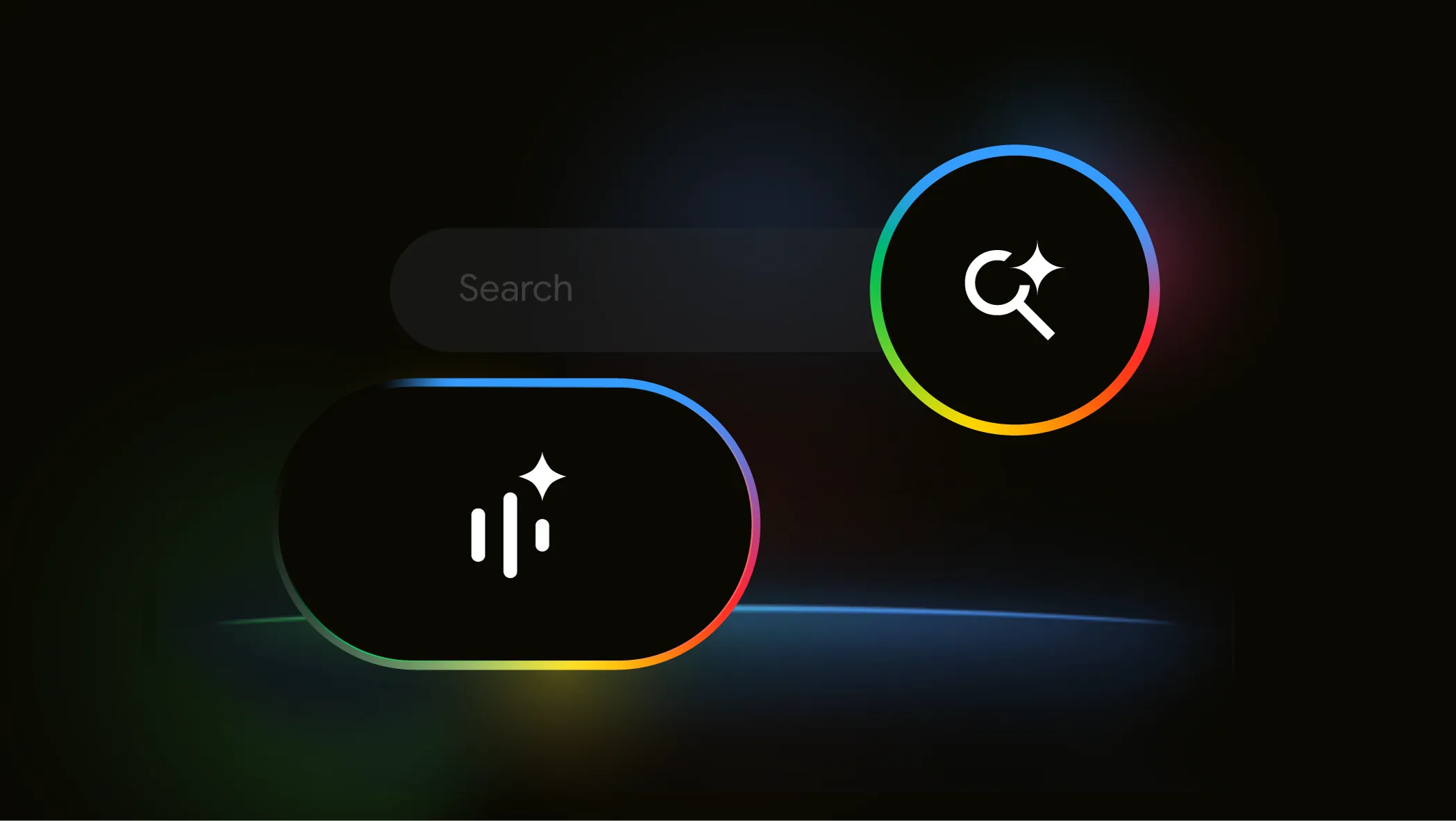









_Brain_light_Alamy.jpg?width=1280&auto=webp&quality=80&disable=upscale#)
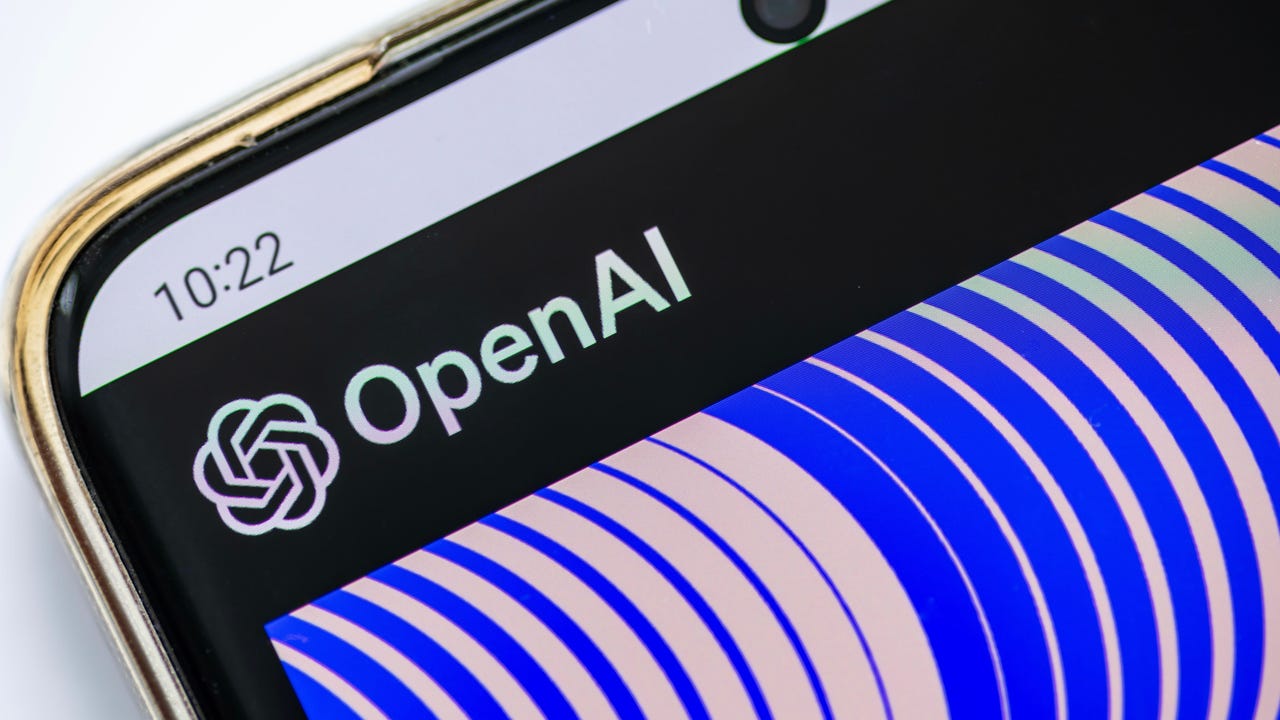

















































![[Fixed] How to Recover Unsaved Word Document on Windows 10/11](https://www.pcworld.com/wp-content/uploads/2025/06/How-to-recover-unsaved-word-document-main.png?#)


































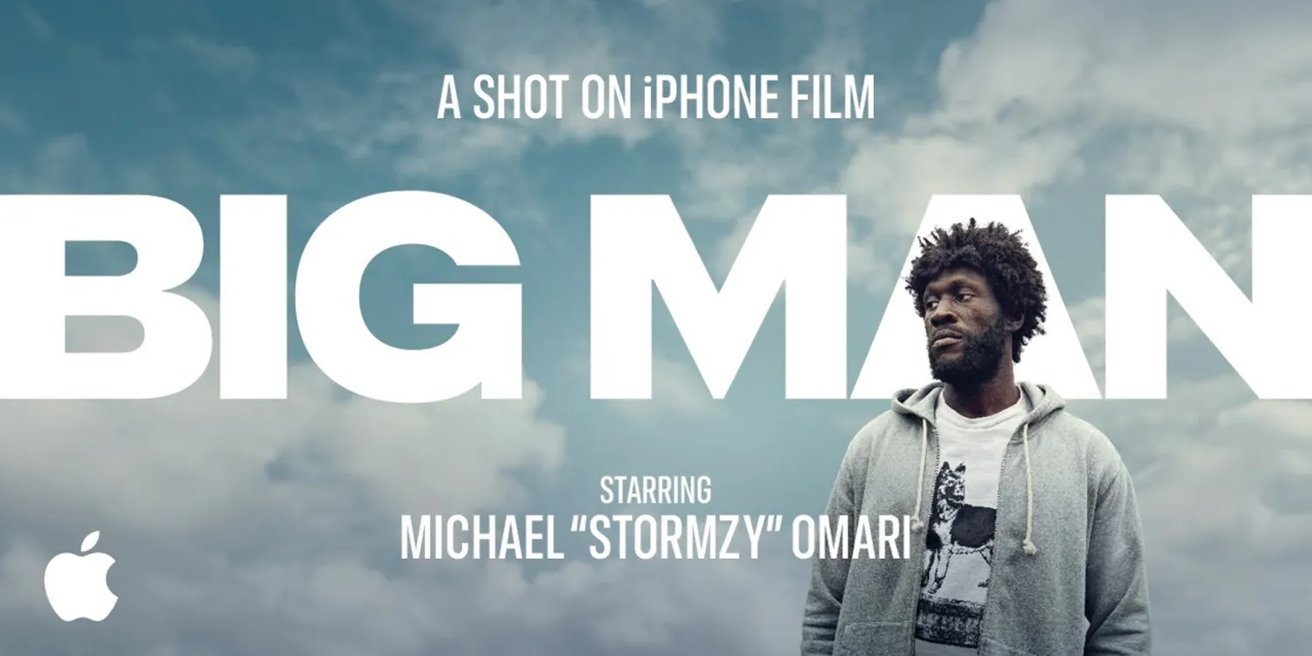































![Apple Shares New Shot on iPhone Film: 'Big Man' [Video]](https://www.iclarified.com/images/news/97654/97654/97654-640.jpg)
![Apple Still Finalizing Key Parts of Its Foldable iPhone [Kuo]](https://www.iclarified.com/images/news/97655/97655/97655-640.jpg)

![Apple's F1 Camera Rig Revealed [Video]](https://www.iclarified.com/images/news/97651/97651/97651-640.jpg)


























